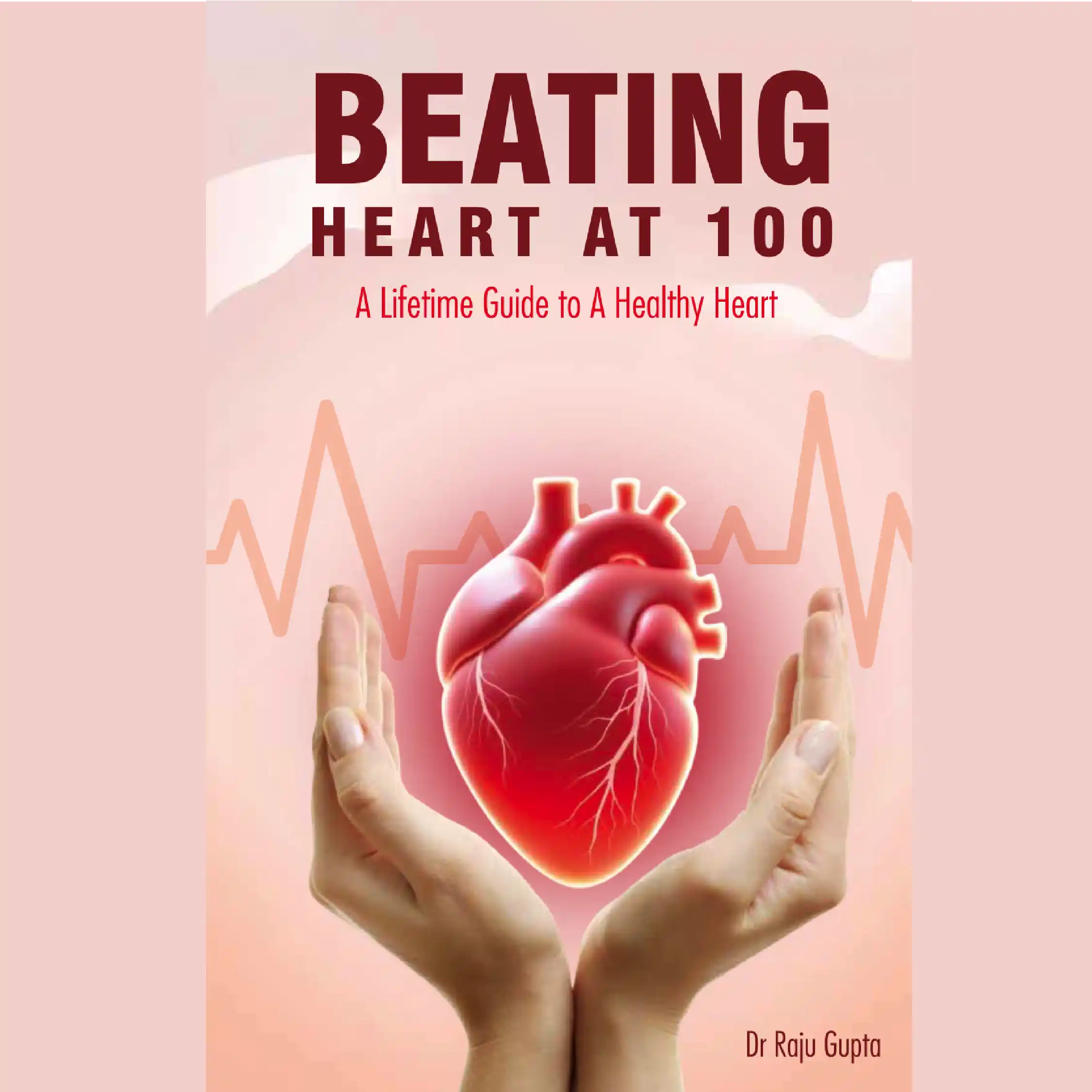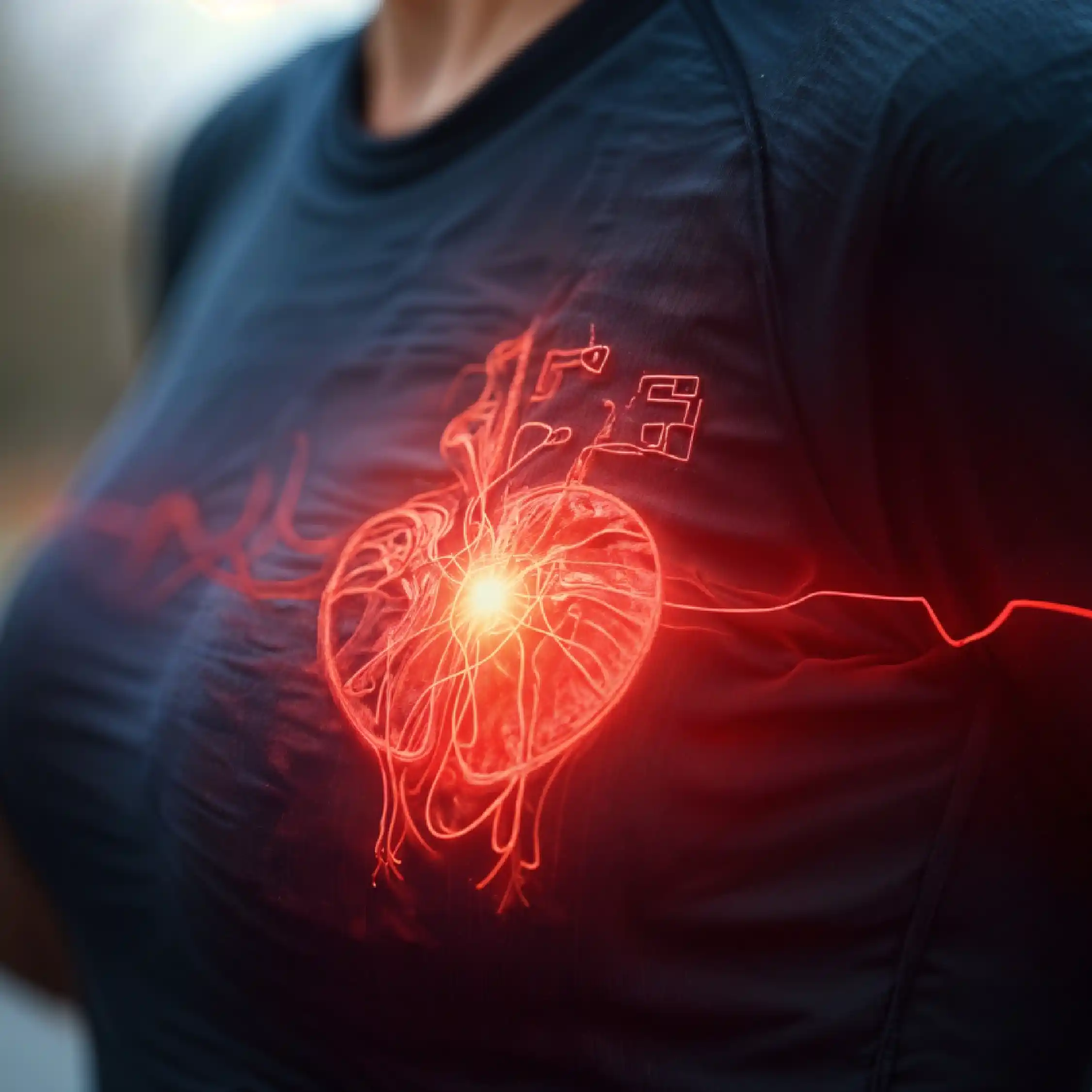Here’s a truth that might surprise you:
When a baby’s heart starts beating — around the third week of pregnancy — it’s already being shaped not just by genes, but by you.
The womb isn’t just a cozy biological Airbnb for nine months. It’s a training ground for lifelong health.
Everything a mother eats, feels, breathes, and even worries about during pregnancy quietly scripts the baby’s health story — including the strength of its future heart.
So yes, when you’re “eating for two,” you’re not just sharing food. You’re sharing destiny.
The Science: How the Womb Teaches the Heart to Beat
For decades, scientists believed that genetics was the sole author of health. But now we know that the environment in the womb — called the intrauterine environment — writes an equally powerful story.
A landmark series of studies known as the “Barker Hypothesis” (by Dr. David Barker, 1989) revealed a stunning truth:
Babies with low birth weight — often a sign of poor maternal nutrition — had significantly higher risks of heart disease, diabetes, and hypertension as adults.
In other words, the foundation for adult heart health is laid before birth.
Further studies published in The Lancet and the Journal of the American Heart Association (JAMA) have confirmed this link.
Maternal conditions like gestational diabetes, stress, obesity, or malnutrition can alter how the baby’s heart develops — affecting everything from blood vessel elasticity to metabolic control.
It’s not fate, but it is a powerful influence.
Gestational Diabetes: The Silent Sculptor
Among all maternal factors, one stands out like a red flag waving in the nursery — gestational diabetes (GDM).
This condition, where blood sugar levels rise during pregnancy, doesn’t just affect the mother’s health. It also leaves a metabolic “memory” in the developing child.
Think of it as an unintended programming glitch:
When excess glucose flows through the placenta, the baby’s pancreas goes into overdrive to produce insulin.
That constant sugar surge can set the baby up for a lifetime of higher fat storage, insulin resistance, and cardiovascular risk.
A 2022 study by Harvard T.H. Chan School of Public Health found that children born to mothers with GDM were 40% more likely to develop heart or metabolic disorders before adulthood.
Another paper in Diabetes Care (2020) showed that even if a baby appears healthy at birth, its metabolism remembers that environment. It’s like the body saying, “Better store more fat — just in case.”
The result?
A child more likely to face obesity, diabetes, and early heart problems.
The Emotional Truth: Motherhood Is Biology’s First Education System
Every heartbeat you feel during pregnancy — yours and your baby’s — is part of a symphony biology has been composing for millions of years.
But modern life has made that music noisier.
Today’s expectant mothers juggle deadlines, traffic, social pressure, and smartphone stress. Many eat on the go, sleep too little, and skip exercise because they’re “too tired.”
And who can blame them? Pregnancy today is as much mental as it is physical.
But here’s what decades of research have shown:
Stress hormones cross the placenta.
When a mother is anxious for prolonged periods, it affects fetal heart rate, growth, and long-term emotional regulation.
We talk about “loving the child before it’s born,” but in biological terms, that love literally rewires their future health.
The Humor in the Science
If you think about it, it’s ironic — we spend months decorating the nursery and zero time decorating our nutrition plan.
We obsess over whether the crib matches the curtains, but forget whether our meals match the minerals our baby needs.
We Google “baby name meanings” at 2 a.m. but rarely Google “omega-3 benefits in pregnancy.”
It’s funny, but also telling.
Modern motherhood has become more about preparation for delivery and less about preparation for development.
The truth?
The nine months of pregnancy are more influential on your child’s future health than any school they’ll ever attend.
What Research Recommends: The Mother-Heart Connection
So what exactly helps build a stronger baby heart?
Let’s translate decades of research into simple, daily wisdom:
1. Balanced, Real Food
Whole grains, fresh fruits, vegetables, lean proteins, and healthy fats (especially omega-3s from flaxseed, chia, or fish) support vascular and brain development.
Avoid refined carbs, sugary drinks, and excess processed snacks — they spike blood sugar unnecessarily.
2. Gentle Activity
Light walking, prenatal yoga, or swimming improve circulation, reduce stress, and prevent excessive weight gain — all critical for both mother and baby.
3. Mindful Rest
Sleep isn’t a luxury; it’s a necessity. Studies show poor sleep during pregnancy can elevate blood pressure and stress hormones.
4. Monitor Sugar & BP Regularly
Gestational diabetes and hypertension often go unnoticed. Routine testing can save two hearts — yours and your baby’s.
5. Stay Emotionally Supported
Loneliness and anxiety during pregnancy are not “just phases.”
They influence fetal development. Talk, connect, rest, and if needed, seek professional help.
Deep Thinking: How Generations Echo Through Biology
Here’s the profound part —
A woman’s health today doesn’t just define her baby’s future. It can ripple across three generations.
How?
The eggs that will one day create your grandchild are already developing inside your unborn daughter’s body while she’s in your womb.
That means your current lifestyle literally influences the health of your grandchild’s DNA.
Three generations — connected by choices made in one pregnancy.
When you zoom out that far, you realize pregnancy isn’t just a personal journey.
It’s a generational investment.
The Changing Conversation
Thankfully, awareness is improving.
India’s new National Guidelines for Gestational Diabetes emphasize early screening and counseling for all pregnant women — a crucial shift.
Hospitals now promote prenatal exercise and emotional wellness alongside medical checkups.
Still, the gap remains — especially in rural and semi-urban areas where awareness and diagnosis rates are low.
We often celebrate childbirth as the “start of life.”
But as science now proves — it starts much earlier.
The Final Beat
Every child’s first classroom is a mother’s womb.
Every heartbeat a baby hears inside is a lesson in rhythm, balance, and resilience.
So if you’re expecting, remember: you’re not just growing a baby — you’re growing a lifetime of health patterns.
Eat like your child’s arteries depend on it.
Rest like your heartbeat is teaching theirs how to stay steady.
Smile like your joy is part of their immune system — because in a way, it is.
Pregnancy doesn’t end with birth; it echoes for generations.
If this blog touched your heart or someone you know is expecting — share it.
Because a little awareness today can shape a healthier heartbeat tomorrow.



